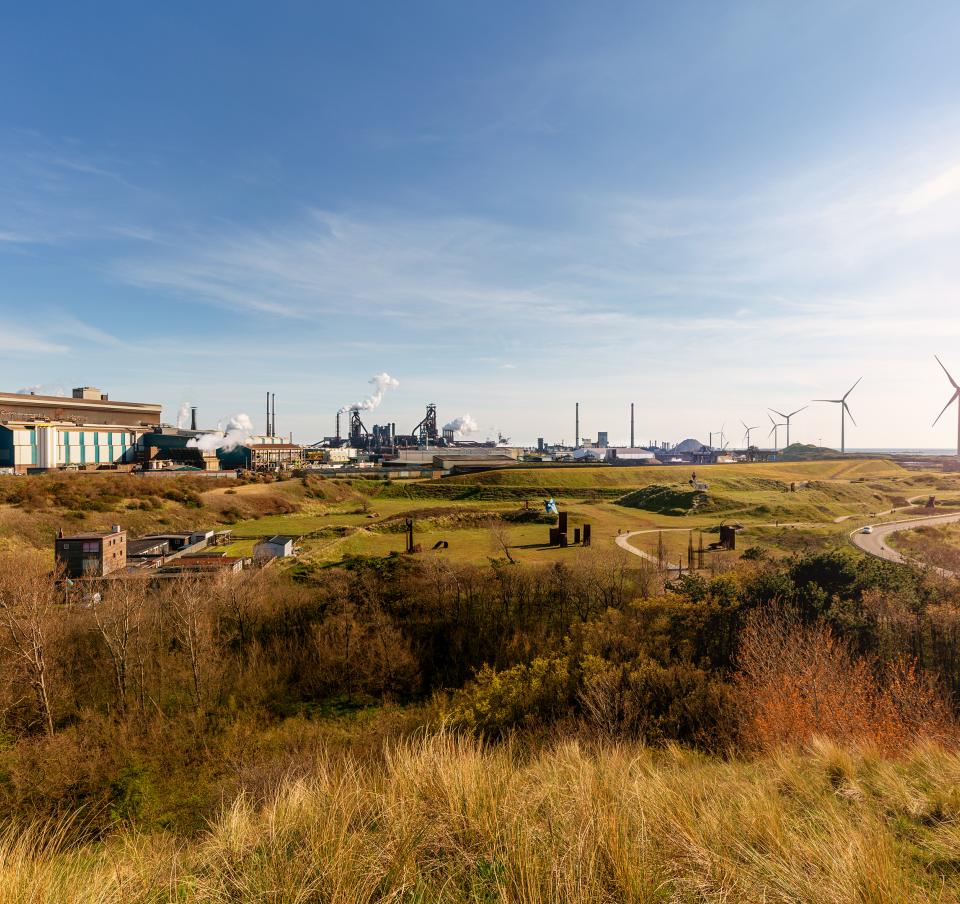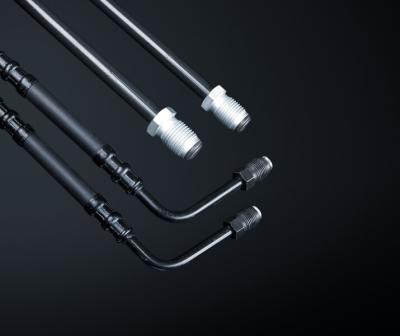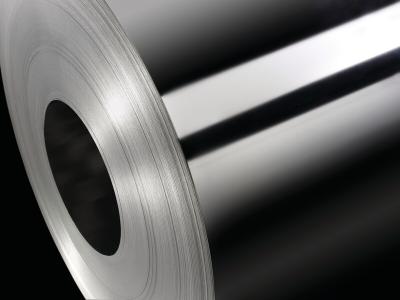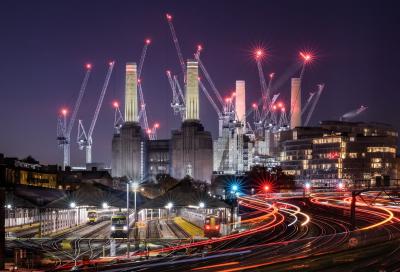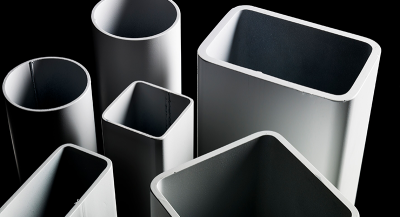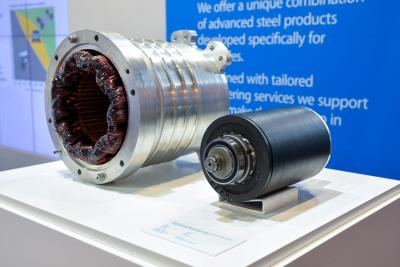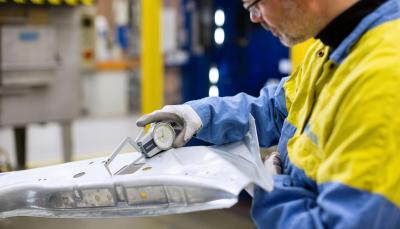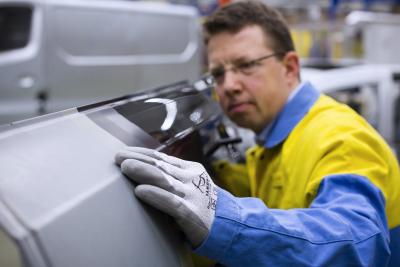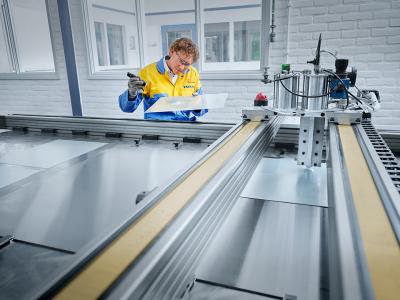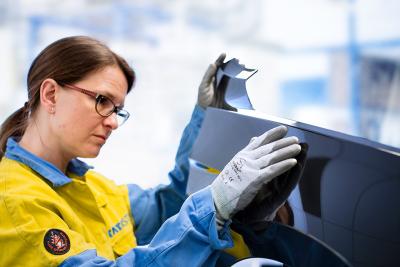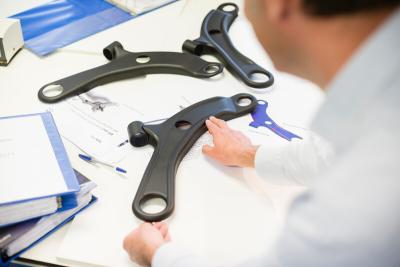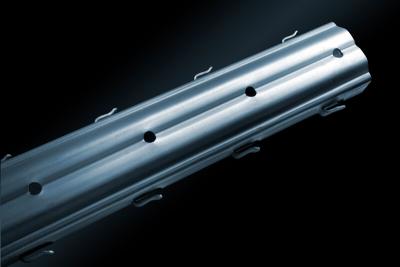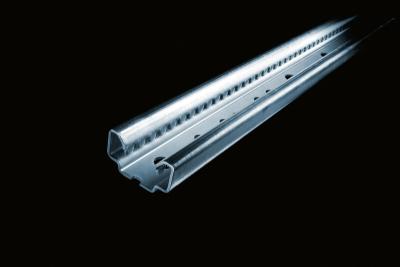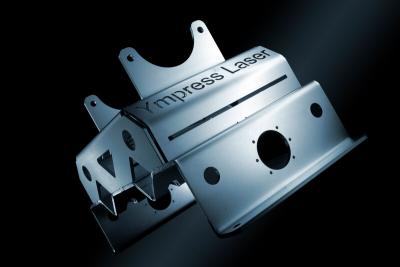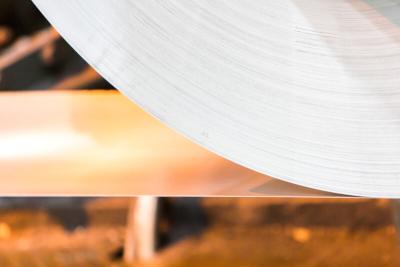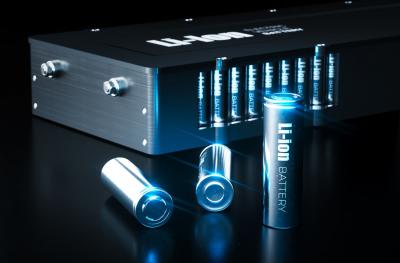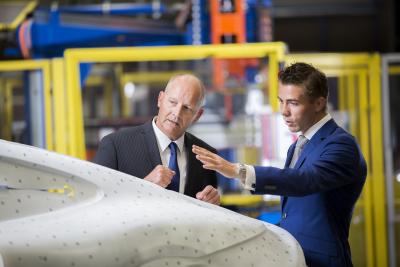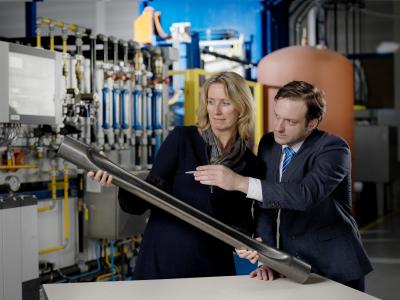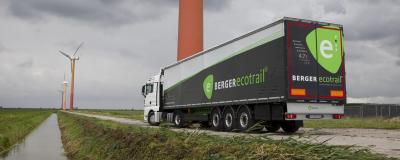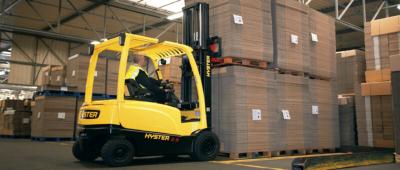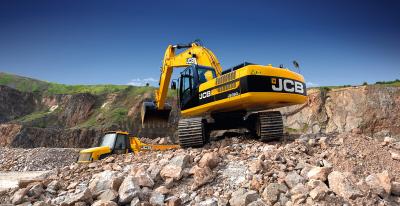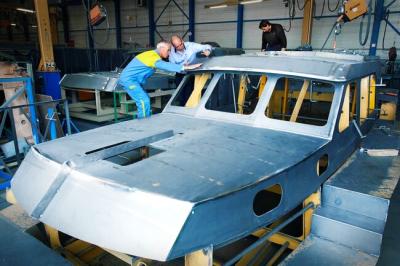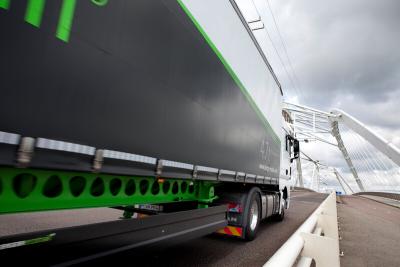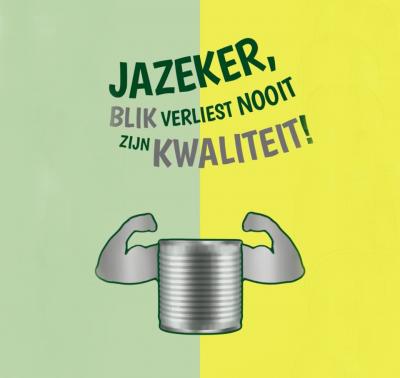The independent Roland Berger study shows that Tata Steel’s ambition to make steel using hydrogen by 2030 is feasible. The study was conducted on behalf of FNV and Tata Steel to test whether the Green Steel plan of FNV and the employees is realistic. After the first step, which involves switching to gas, the step to hydrogen can be made. An important condition is that all local and national government parties must cooperate.
The Roland Berger study shows that it is possible to transition to Direct Reduced Iron technology (DRI) before 2030. This technology is used to produce iron from natural gas or hydrogen in combination with electric furnaces.
Hans van den Berg, chairman of the board at Tata Steel Netherlands (TSN): ‘We are pleased with the recommendations from the Roland Berger report. We are working hard to start using hydrogen even earlier than indicated in the report. We are seeing ambitious timelines that have been set. In fact, if we achieve them, our preference would be start using hydrogen immediately. We are already doing a lot of preparatory work. For example, gaining insight into which installations are needed and how to fit them into the site. And starting the permit process. In this way, we can also give an enormous boost to the development of the hydrogen economy and hence further reduce the impact on the living environment. The implementation of Roadmap Plus already means a big step in this direction between 2022 and 2025.’
Setting up a DRI installation means that the current process of iron melting using blast furnaces, in combination with coke gas plants, will cease. Once the new installations are in operation, several plants on the site may close, thereby further reducing other emissions.
Cihan Lacin, director of FNV Tata Steel: ‘We are delighted that the final report confirms that the “Green Steel” route is feasible. Tata Steel also quickly understood that this route would best guarantee the company’s future. It is now important to put everything in place to establish this green and sustainable route as soon as possible. This cannot be done without help from the government. We, as FNV, therefore call on all interested parties to join forces and to offer clarity as soon as possible on timelines, technological choices and the effects in the short and long term. That’s what Tata Steel and all the company’s employees as well as local residents deserve.’
The report shows that Tata Steel must start as soon as possible to get everything done. It is the government’s turn when it comes to speeding up the required licensing procedures, but also with regard to the design of the infrastructure for hydrogen. More attention must be paid to developing the legislation and regulations needed for the energy transition.
At the request of FNV, talks are also being held on a Green Steel Social Contract. Lacin: ‘Together with the management we want to draw up this contract to safeguard the interests of the employees during and after this transition. Because this major change in the production process has a direct impact on the work of the employees of Tata Steel.’
For more information, please contact:
Ariane Volz, Tata Steel press officer: +31 6 11 62 34 56, ariane.volz@tatasteeleurope.com
Cihan Lacin, director of FNV Tata Steel: +31 6 11 75 44 49.
Erna Bosschart, FNV press officer: +31 6 38 17 13 23
Read or download the report here
